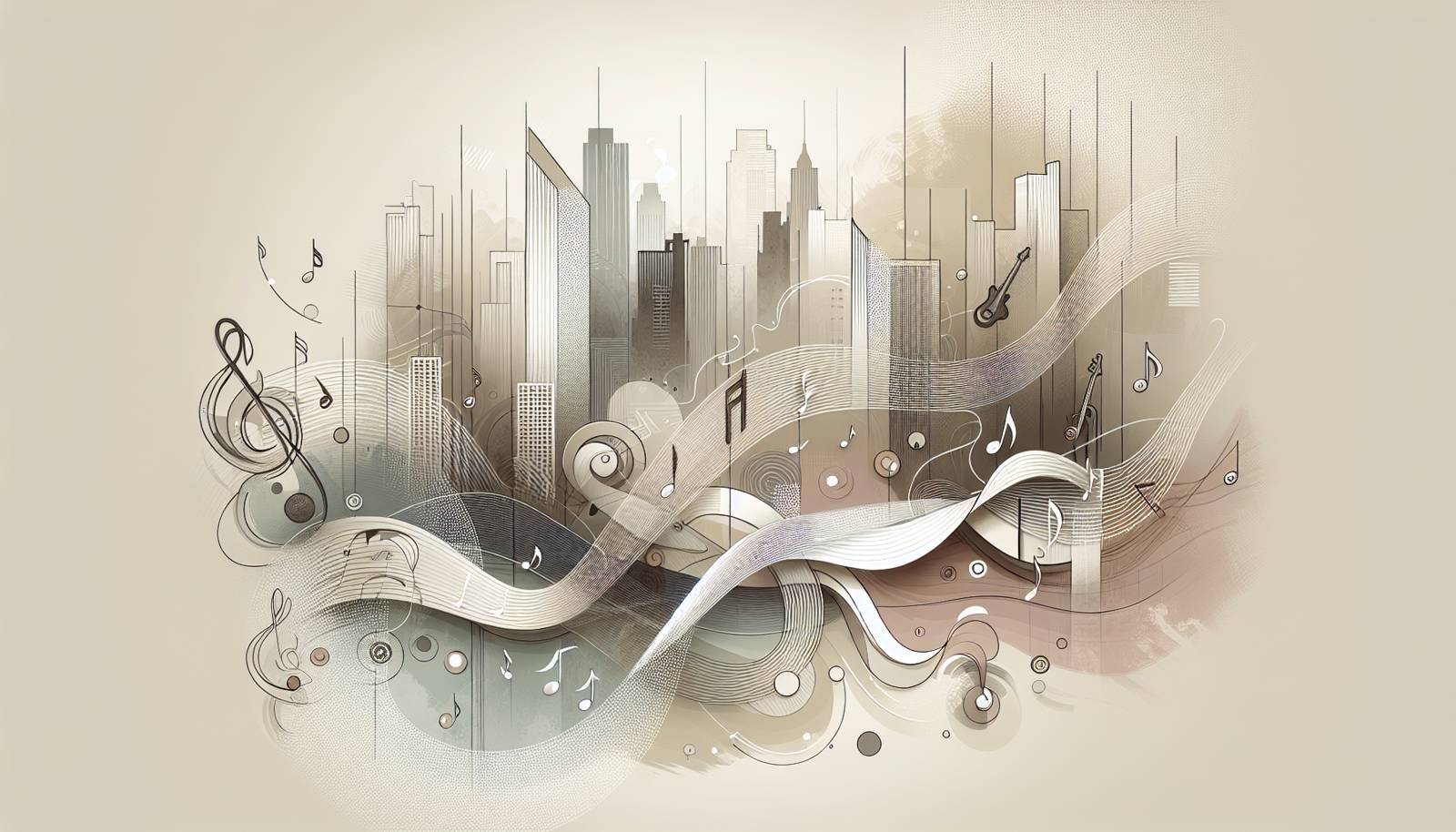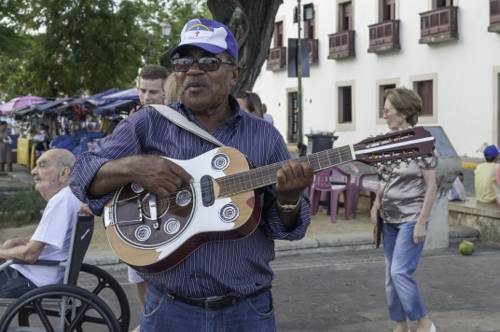
FAQ About The Role of Street Musicians in Urban Cultural Dynamics

What is the role of street musicians in urban cultural dynamics?
Street musicians, often referred to as buskers, play a crucial role in urban cultural dynamics by adding to the vibrant atmosphere of city life. They offer impromptu musical performances in public spaces, enhancing the cultural experience for residents and visitors alike. Their presence can transform mundane urban environments into lively, interactive cultural zones.

How do street musicians contribute to the cultural identity of a city?
Street musicians contribute to the cultural identity of a city by reflecting its diversity and creativity. They often perform traditional, contemporary, and experimental genres that showcase a city's unique artistic flair. This helps reinforce a sense of local identity and pride while also inviting cultural exchange and dialogue.

What impact do street musicians have on the local economy?
Street musicians can positively impact the local economy by attracting tourists and engaging locals, which can increase foot traffic in public areas. This boost can lead to higher patronage for nearby shops, cafes, and restaurants, aiding economic growth. Additionally, buskers themselves benefit financially through tips and CD sales.

Do street musicians face legal restrictions while performing?
Yes, street musicians often face legal restrictions that vary by city, such as needing permits, adhering to noise level regulations, and performing only in designated areas. These rules aim to balance the freedom of artistic expression with the management of public spaces and the comfort of city residents.

In what ways do street musicians interact with their audience?
Street musicians interact with their audience by engaging them through eye contact, inviting them to participate by singing or clapping along, and by taking song requests. This interactive performance style helps create a spontaneous and communal atmosphere that strengthens the connection between performers and listeners.

How does the presence of street musicians influence urban tourism?
Street musicians enhance urban tourism by adding a dynamic element to the city's cultural landscape. Their performances attract tourists looking for authentic experiences, making public spaces more attractive and memorable. Street performances often become highlights for tourists, contributing to the city's charm and appeal.

What are some common challenges faced by street musicians?
Street musicians often face challenges such as legal and regulatory barriers, weather conditions, competition for prime locations, and sometimes negative public perceptions. Despite these challenges, many persist due to their passion for music and desire to share their art publicly.

How do street musicians promote cultural exchange in cities?
Street musicians promote cultural exchange by playing a variety of musical genres that may include local traditional music or international influences. Such performances can become platforms for learning about different cultures and histories, fostering a deeper understanding and appreciation among diverse audiences.

Can street musicians influence social movements or political change?
Street musicians historically have played roles in social movements and political change by using their music as a form of protest or to raise awareness on social issues. Their prominent visibility and the broad audience they reach allow them to disseminate messages effectively, potentially influencing public opinion and action.

Why are street musicians important to social cohesion in urban settings?
Street musicians play an important role in social cohesion by bringing people together across different backgrounds through a shared appreciation of music. Their performances can serve as neutral gatherings where community members interact, fostering a sense of community and belonging in urban environments.

How do technology and social media affect street musicians?
Technology and social media have significantly impacted street musicians by providing them platforms to reach wider audiences beyond physical interactions. They can share live or recorded performances online, gain followers globally, and even earn income through crowdfunding, expanding their reach and influence.

What role does improvisation play in street music performances?
Improvisation is a key element of street music performances, allowing musicians to be spontaneous and responsive to their surroundings and audience. This adaptability enhances the interactive experience and adds a unique quality to each performance, making it a distinct and memorable event for listeners.

How do street musicians select their locations for performing?
Street musicians often select their locations based on foot traffic, acoustic qualities, and legal permissibility. Popular choices include busy streets, tourist hotspots, public parks, and transportation hubs where they can maximize their audience reach and financial returns from tips.

Are there specific cities known for their street musicians?
Cities like New Orleans, Paris, London, and Buenos Aires are renowned for their vibrant street music scenes. These cities offer lucrative and culturally rich environments where street musicians can thrive, drawing both locals and tourists eager to experience these lively performances.

Do street musicians collaborate with other artists or performers?
Yes, street musicians often collaborate with other artists and performers, joining forces to enhance their performances and broaden their artistic impact. Collaborative sessions can range from casual jams to planned performances, providing enriching experiences for musicians and audiences alike.

Do street musicians have formal music training?
Street musicians come from diverse backgrounds; some may have formal music training while others are self-taught. Regardless of their training, street performance allows them to develop unique styles and techniques, often gaining recognition for their talent and creativity.

How can one support street musicians?
Supporting street musicians can be done through direct contributions such as tips or purchasing their music. Additionally, one can support by sharing their performances on social media, attending organized busking events, or advocating for policies that benefit street performers.

What is the historical significance of street musicians?
Street musicians have a long history that traces back to ancient times, serving as a primary means of music distribution before the advent of recording technology. They have been instrumental in spreading musical styles and influencing popular music trends throughout history.

How do street musicians adapt their performances to diverse audiences?
Street musicians often adapt their performances based on the demographic and cultural preferences of their audience. They may alter song choices, styles, or performance techniques to engage effectively with listeners and provide an inclusive entertainment experience.

What is the difference between street musicians and other performers, like stage acts?
The key difference between street musicians and stage performers is the performance setting. Street musicians perform in public spaces without a set stage or audience, creating spontaneous experiences. Unlike structured stage acts, street musicians must rely on immediate feedback and the ability to dynamically engage with unpredictable environments.
